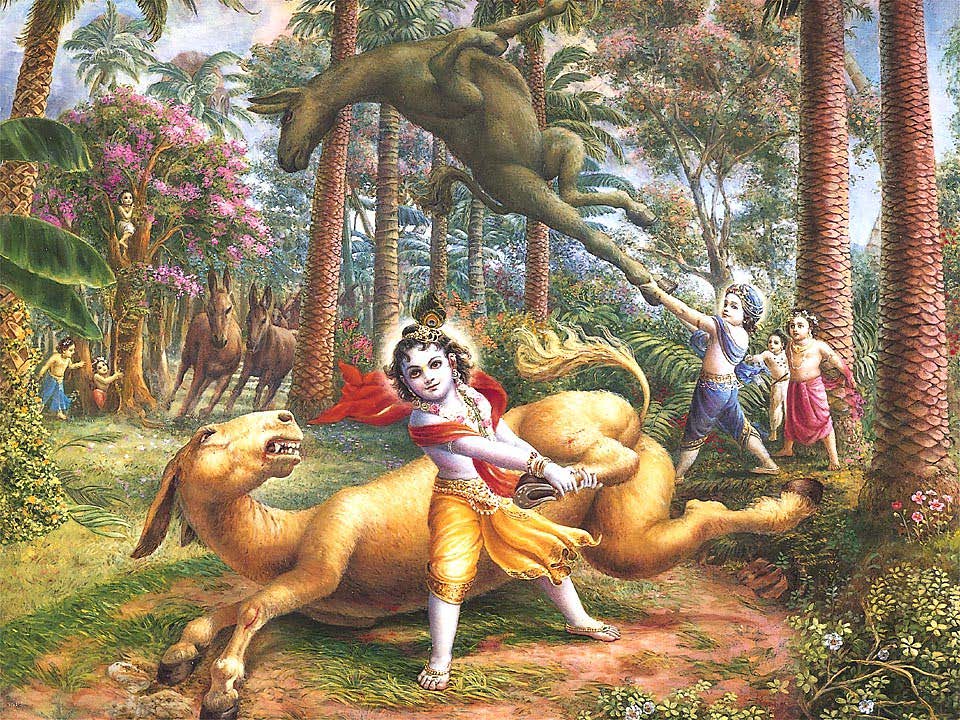
1
CHAPTER
VERSE
41
अधर्माभिभवात्कृष्ण प्रदुष्यन्ति कुलस्त्रिय: |
स्त्रीषु दुष्टासु वार्ष्णेय जायते वर्णसङ्कर: || 1.41 ||
Adharmābhibhavāt kṛṣṇa praduṣyanti kula-striyaḥ
Strīṣu duṣṭāsu vārṣṇeya jāyate varṇa-saṅkaraḥ ||
Lord Krishna, due to the prevalence of unrighteousness, the women of the family become corrupt, and from the corruption of women, O descendent of Vrishni (Arjuna), there arises a mixture of castes.
Lesson:
It is important to observe the devastating consequences of adharma, or unrighteousness, on society, particularly regarding the women of the family. Lord Krishna, being addressed here by Arjuna, is informed about how the decline of moral values leads to the degradation of women within families. Arjuna expresses concern over the corruption and moral decay that occurs within society due to the prevalence of adharma.
Arjuna highlights the pivotal role of women within families and society. Traditionally, women were regarded as the upholders of dharma and the custodians of familial values. However, when righteousness diminishes and adharma prevails, the moral fabric of society weakens, leading to the deterioration of women's moral character. This degradation is not only detrimental to the individuals involved but also has broader implications for society as a whole.
Arjuna's use of the term "varna-sankara" refers to the mixing of castes that occurs as a result of moral decline. In Vedic society, the caste system was based on varnas, or social classes, which were determined by one's occupation and familial lineage. The mixing of castes, as mentioned here, signifies the breakdown of traditional social structures and the loss of social order that accompanies moral degradation.
It's important to understand that Arjuna's concern reflects the broader societal implications of adharma. The disintegration of moral values not only affects individuals but also disrupts the social fabric, leading to chaos and confusion within society. Arjuna's observation serves as a reminder of the importance of upholding righteousness and moral values in maintaining societal harmony and order.
Additionally, this verse underscores the interconnectedness of individuals within society. The moral choices and actions of individuals impact not only themselves but also the larger community. Therefore, it becomes imperative for individuals to uphold dharma and resist the forces of adharma to prevent the erosion of societal values and the disintegration of social structures.